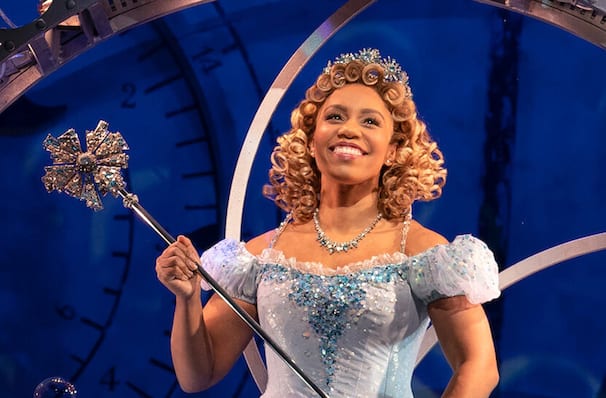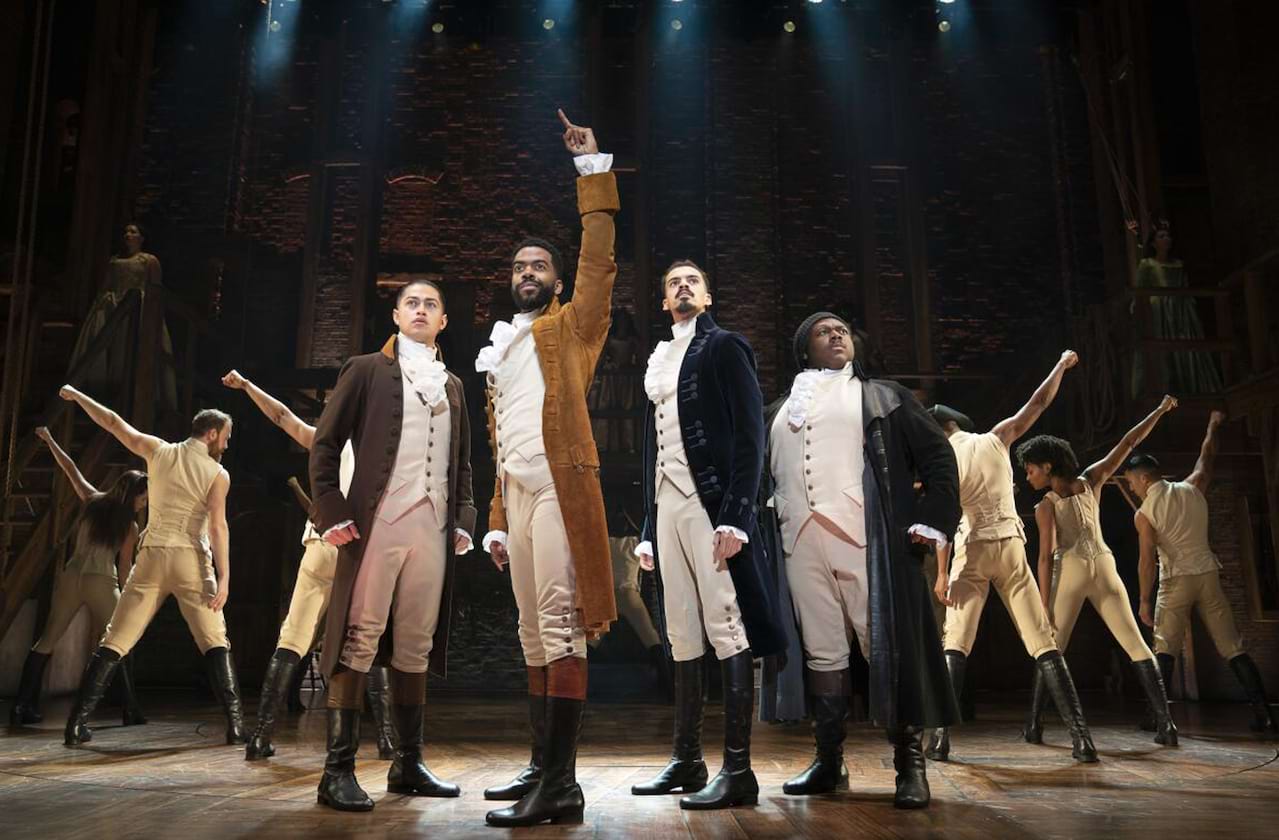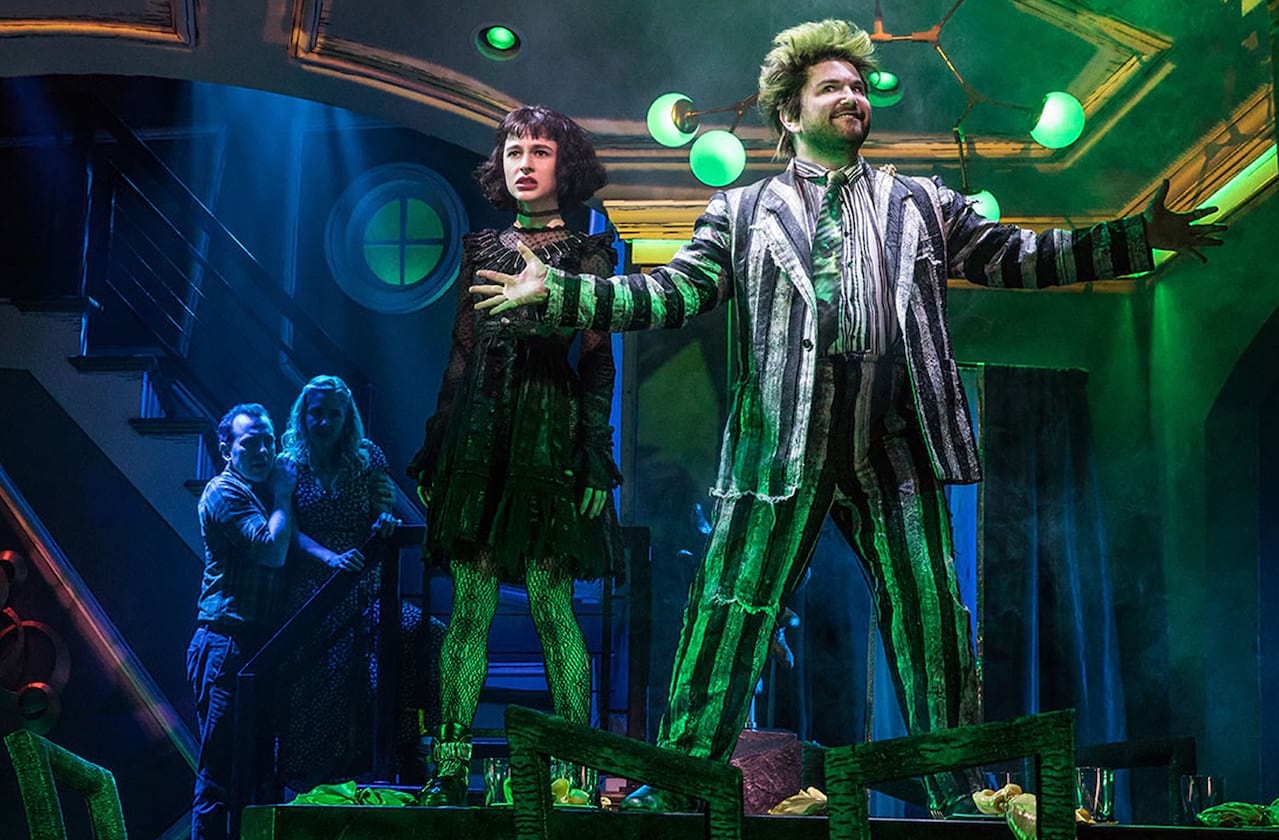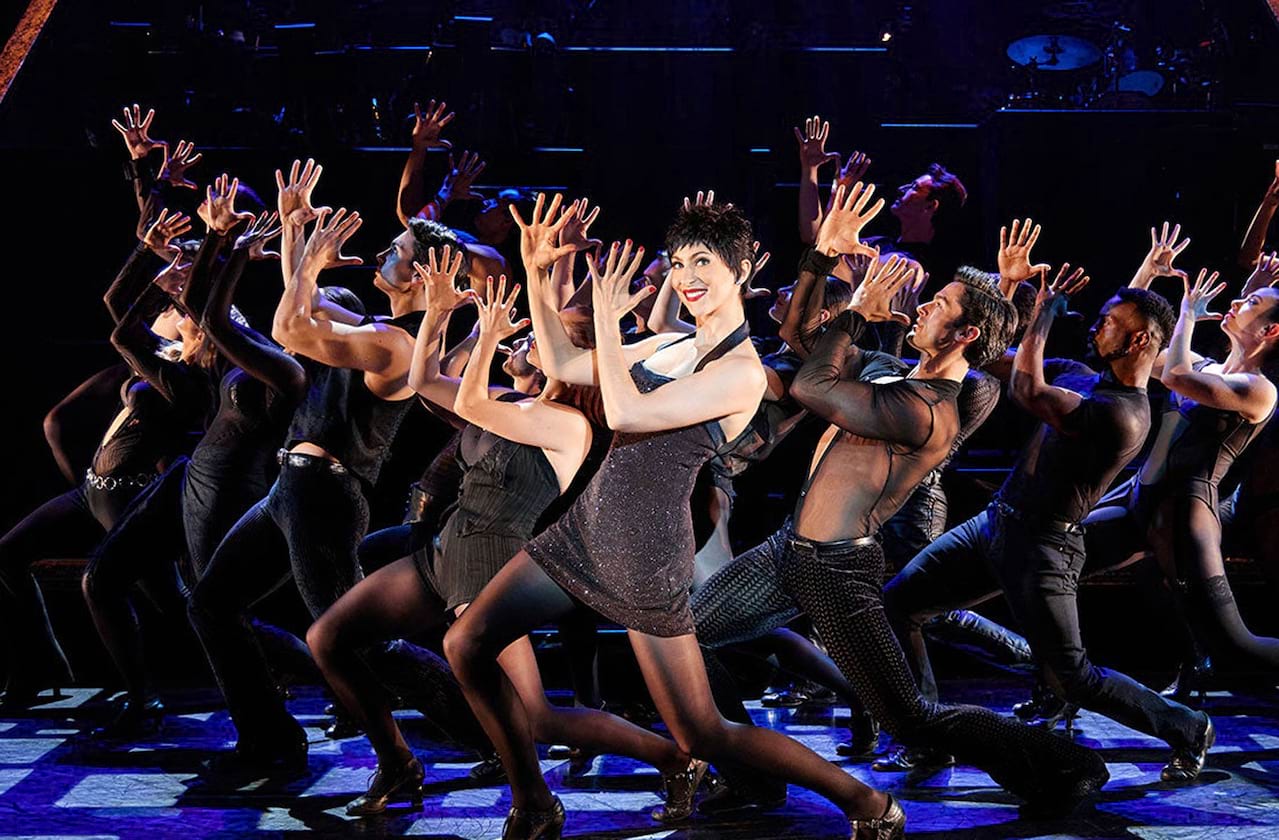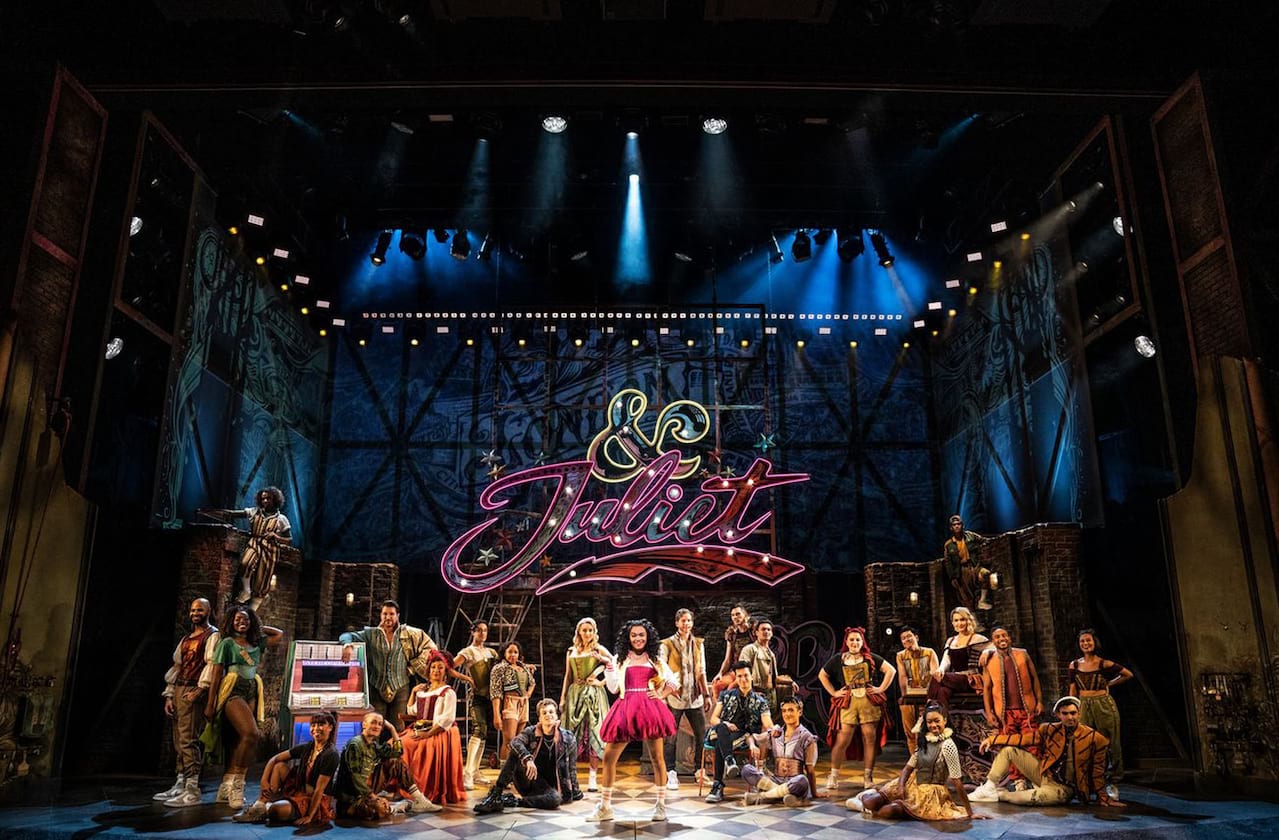Moments That Shaped Broadway's Black History
 Scarlet, February 8th, 2023
Scarlet, February 8th, 2023Celebrate Black History month with these pivotal moments on Broadway!
Black History Month is happening now for the month of Feb! And so, we'd like to spotlight some major Broadway milestones paved by black artists. Whilst we celebrate these achievements and major events, we'd also like to shine a light on the fact that some of these are recent events - and we predict more milestones will be hit in the future. The entertainment industry has been known to lack behind the times, but with faces like Noma Dumezweni as Hermione and Michael Luwoye as Alexander Hamilton - along with Disney casting Halle Bailey as Ariel in the live action Little Mermaid - diversity is now encouraged and indeed celebrated in the theater world, in all its manifestations.
Clorindy: The Origin of the Cake Walk
In 1898, this one-act musical by Paul Laurence Dunbar and composer Will Marion Cook premiered on Broadway and was the first musical with an all-black cast. Cook worked to make sure that the musical avoided white patterns and instead made sure it reflected the culture of the cast. Following its run at the Broadway venue, Cook declared "(POC) are at last on Broadway, and here to stay!".
In Dahomey
Opening in 1903, In Dahomey has been hailed as the turning point for African-American representation on Broadway. Starring George Walker and the famous Bert Williams, Dahomey was the first full-length musical written and performed by an all-black cast. The musical ran for four years, playing 53 performances, two tours in the United States and one tour in the United Kingdom.
Bert Williams
Williams was one of the most famous African-American performers in the 1900's. Many say he paved the way for black performers and shaped the genre. Facing racism, Williams didn't play for laughs at the expense of his background - unlike many other performers. Instead, he would tap down on universal situations that any member of the audience could relate to. Williams was always two steps ahead, he made sure he emphasized the difference between himself, his fellow vaudevillians and his white audience. Many of his cast members refused to be on stage with him, but this didn't stop Williams from pursuing his dreams - "It wouldn't be so bad...if I didn't hear the applause (from his previous performance) still ringing in my ears". In 1910, Florenz Ziegfeld hired Williams to be the star of The Ziegfeld Follies', where he performed continually - he became the first black person to take a lead role on a Broadway stage. Williams was a key figure in representation and development of African-American in the entertainment industry, and during his three-decade career began the process of pushing back the racial barrier.
A Raisin in the Sun
African-American playwright and writer, Lorraine Vivian Hansberry became the first black female author to have a play performed on Broadway. A Raisin in the Sun was released in a pivotal moment of history (1959), just five years after the Brown v. Board of Education's decision to end racial segregation in public schools. The play follows a black family who move to Chicago in hope of living the American Dream' but instead are met by an unwelcoming white community; discrimination and racism. The New York Drama Critics' Circle hailed it as the best play of 1959, and fast forward to the present day it is still listed among the best plays ever written. A Raisin in the Sun received the nod for Best Drama at the Tony Awards, but unfortunately just missed out to The Miracle Worker. However 15 years later, the musical adaptation Raisin won Best Musical.
Topdog/Underdog
In 2002, Suzan-Lori Parks became the first African-American woman to win the Pulitzer Prize for Drama with her piece Topdog/Underdog. The drama shines a light on what it means to be a black man in the 21st-century, and the struggle of fighting against what the world thinks you're going to be. The production ran for 144 performances before closing, but 20 years later Parks' play was revived and ran at the Golden Theatre - closing recently on January 15, 2023.
Dreamgirls
The six-time Tony winning musical which went on to become a film starring Jamie Foxx, Beyonce, Jennifer Hudson and more famous faces, closely follows the story of The Supremes, an American girl group who were the premier act of Motown Records in the 1960's. Dreamgirls is centered around The Dreams', a young female singing trio from Chicago who become superstars. Being set in the Supreme era, the 1960's, Dreamgirls showcases the gender and racial issues, but also celebrates racial boundaries being broken as black artists start to succeed in the industry, and black women standing up for their rights in front of powerful men in the industry.
A Strange Loop
The Pulitzer Prize-winning Big, Black & Queer American Musical' was first produced Off-Broadway in 2019, before premiering on Broadway at the Lyceum Theatre in April 2022. The musical which follows Usher, a black queer man writing a musical about a black queer man. Though the musical celebrates Black Broadway, it also highlights the many inequalities which still exist today. Critics call it a vital piece of new American theatre' as not only does it give us a small insight into the life of a Black man in today's society, but that of a queer-black man.
We're pleased that we can live in a world where black actors are playing leading roles on stage, and where our generation, and the generations to come, have representation. But behind every black actor is a conversation. When Noma Dumezweni stepped into the role of Hermione, there was a lot of online noise with some people referring to her as the black Hermione'. When Noma was asked about this in an Oprah.com interview, she replied with I find that phrase reductive. I'm a black woman and I'm an actress who plays a character called Hermione. J.K. Rowling wrote a story that empowers young girls - and not just white or brown or Asian girls. My privilege is that children can now see me and imagine themselves as the characters, too.'
Only last year, Brittney Johnson made history when she became the first black actor to assume the role of Glinda in Broadway's Wicked. It's moments like these where you may be thinking why are we still having these first time' moments in 2023?' but I'd rather we had a first-time now than never. We're part of a time that is eager to wipe discrimination and racism off the stage, to make characters just characters rather than adhering to what others believe they should look like. But make no mistake in thinking we're nearing the finish line, we've still a long way to go.
